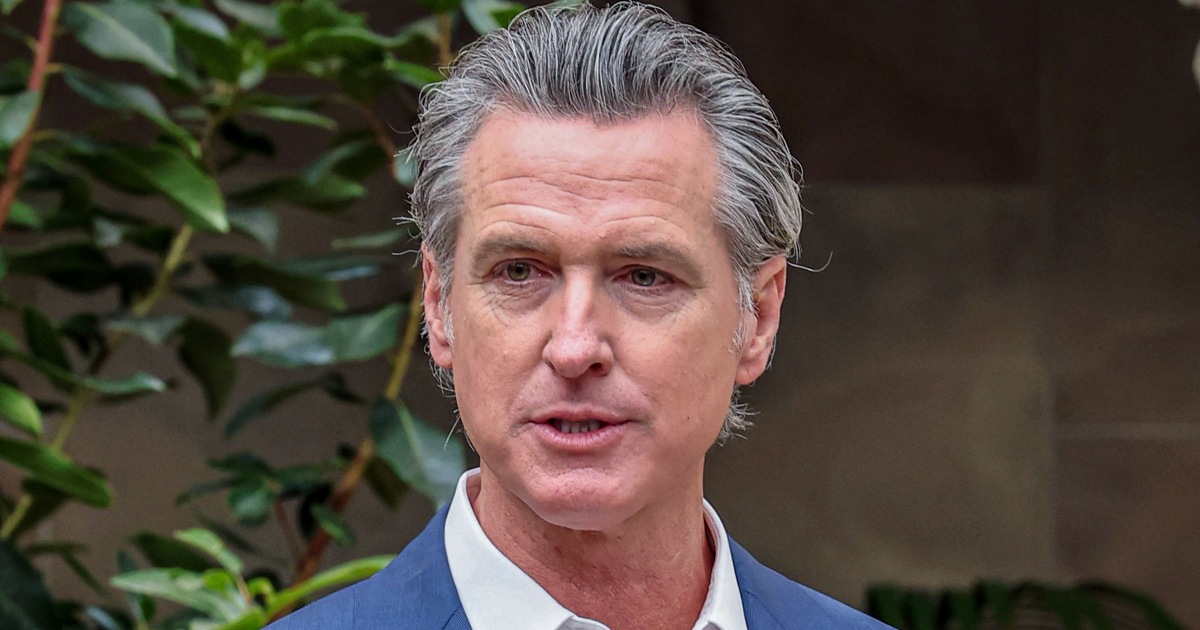The Property Tax Dilemma for Elderly Homeowners
Introduction
As the political climate surrounding property taxes evolves, many elderly homeowners are facing a tough decision. The fear of a possible tax increase has led them to hold onto their valuable properties, despite them being too big for their current needs. This issue was highlighted by an 81-year-old homeowner who told Business Insider, "The way the law stands today, we're staying put in a home bigger than we need." However, there may be some hope for these homeowners as a bipartisan effort seeks to change the current law.
The Current Situation
Many elderly homeowners are facing a difficult decision due to the uncertainty surrounding property taxes. With the possibility of a tax increase looming, they are choosing to hold onto their larger properties, despite them being more space than they need. This has led to a lack of available housing for younger families, who are unable to afford the high property tax rates. As a result, the housing market is experiencing a slowdown, and the economy may be impacted as well.
The Potential Solution
A bipartisan effort is currently underway to address this issue. The proposed solution is to provide tax relief for elderly homeowners who are looking to downsize their properties. This would incentivize them to sell their larger homes and move into more suitable and affordable housing, creating more available properties for younger families. This solution would also benefit the economy by stimulating the housing market and boosting
About the Organizations Mentioned
Business Insider
**Business Insider** is a leading global digital news organization specializing in business, technology, and innovation journalism. Founded in 2007 in New York City as *Silicon Alley Insider*, it was created by Kevin P. Ryan, Dwight Merriman, and Henry Blodget to deliver business news through a modern, digital-native approach that leveraged the internet’s unique capabilities[1][2][4]. The site quickly gained recognition for breaking major stories, such as the founding of Facebook and detailed coverage of the 2008 financial crisis, establishing itself as a pioneer in visual and engaging business journalism[1]. Originally focused on the tech industry, Business Insider expanded its coverage to broader business topics while maintaining a strong emphasis on technology and innovation. It evolved from a niche blog to a global news brand, with journalists stationed worldwide including New York, Singapore, and the UK[1][2]. The company also diversified its offerings, launching sites like Tech Insider and Markets Insider, before consolidating these under the Business Insider brand as part of its parent company, Insider Inc., which was rebranded from Business Insider in 2017 to reflect its broader content scope[2][3][5]. A significant milestone came in 2015 when Axel Springer SE acquired a majority stake, fueling international growth and leading to the expansion of content and services, including subscription-based premium content under BI Prime[2][5]. Business Insider’s journalism has influenced government policies, corporate leadership changes, and public discourse, coining cultural terms such as "quiet quitting" that entered mainstream awareness[1]. Despite some internal challenges post-acquisition, the organization has remained a top digital publisher with a focus on impactful, award-winning business reporting[1][2][5]. Today, Business Insider stands as a critical source for business professionals and technology enthusiasts, blending in-depth analysis, data-driven journalism, and multimedia storytelling to help millions navigate the evolving economic and tech landscapes[1][5].









